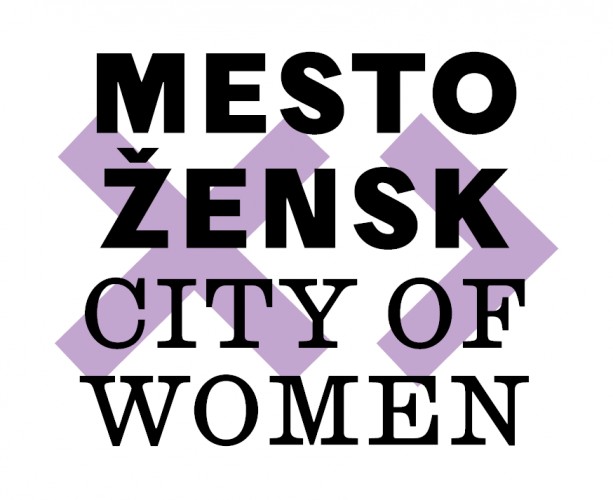Calypso is not from Homer, yet it is – the same as the immortal nymph Calypso – from a solitary land of shadows. It draws strength from the blackness of its inner universe which carefully forms into a movement and voice and is careful not to reveal herself to the mortals too soon. What she shares with the mythological Calypso is mainly the name: καλύπτω (kalyptō) is a Greek word for covering or concealing and in the figurative meaning hiding, deceiving but also protection. The care of the self. Calypso and Calypso: two seducers surrounded by symbols of opulence. They give away their wealth with the generosity of those who have nothing but the awareness that anything can hatch from the golden egg before we break it. All possibilities are open. But Tina Valentan’s Calypso is compelled to choose only one way before breaking the egg. What will come out of it: an artistic or a biological miracle? A performance or a child? In her picture of the world, every cell holds the entire cosmos, and everything is connected, a tree, a dinosaur and a human – therefore creativity and motherhood are not mutually exclusive. But in the world she lives in, there is not enough money for both. There is no place for the diversity that Calypso takes immense pleasure in: an astronaut, a dancer, a cosmonaut, a pop star, a bimbo and mystical visionary all in one.

